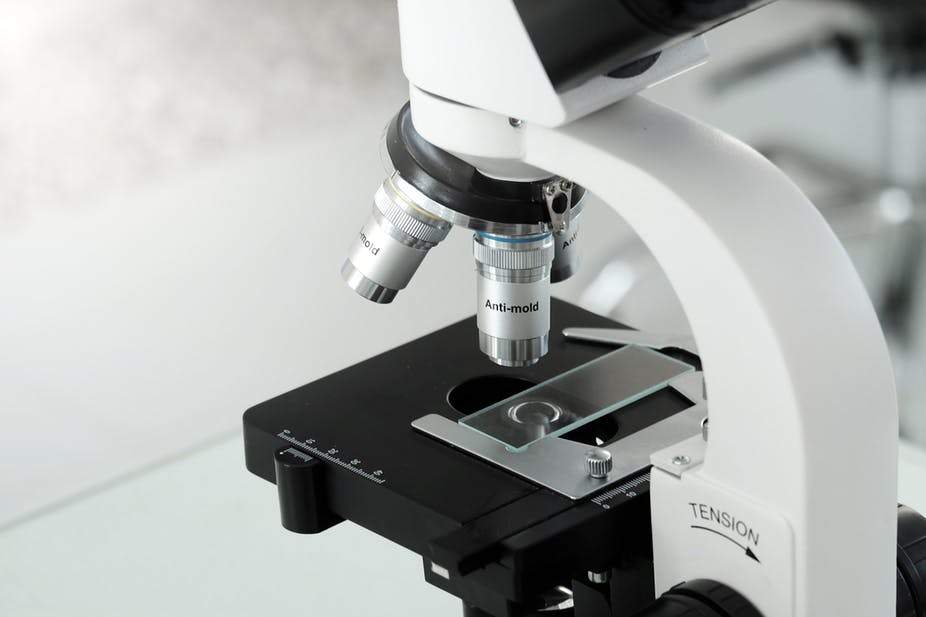This is a good starting point for understanding how real science works; how research is peer reviewed and critically examined before what is reported can be considered scientific fact.

Brenda Wingfield, Vice President of the Academy of Science of South Africa and DST-NRF SARChI chair in Fungal Genomics, Professor of Genetics, University of Pretoria writes in the conversation that, the peer review system has received a fair amount of negative press in recent years. It has been criticized largely because it is not particularly transparent and depends on a small number of peer reviews, an approach that can lend itself to cronyism. She adds that peer review is the “least worst” system available for assessing academic research and maintaining science’s integrity. Therefore, research must be carefully scrutinized by peer reviewers to ensure its veracity. Peer review is designed to assess the validity, quality and often the originality of articles for publication. Its ultimate purpose is to maintain the integrity of science by filtering out invalid or poor quality articles.Read more

